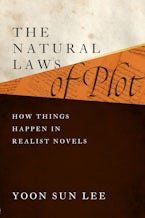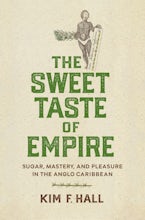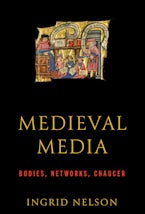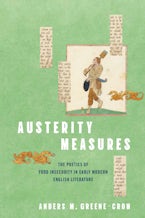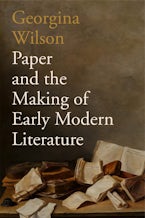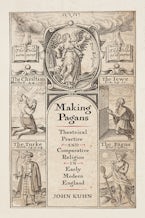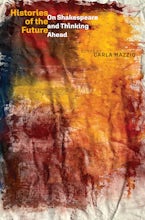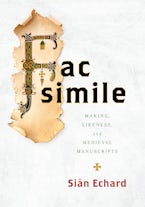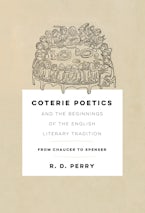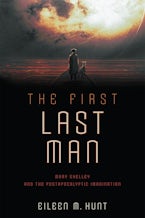Is plot a line, an arc, or a shape? None of these. Rather than thinking of plot as a sequence of events or actions put into place solely through human agency against the backdrop of setting, this book questions why we should distinguish between plot and setting—and indeed, whether we can make such a distinction. After all, plot, Yoon Sun Lee contends, cannot be disentangled from the material setting in which it takes place.
In The Natural Laws of Plot, Lee connects the history of the novel and the history of science to show how plot in the realist novel is given shape by the characteristics of the physical world—and how in turn, plot serves as the avenue through which the realist novel participates in the same lines of inquiry about the world as pursued by the natural and physical sciences. Lee argues that the novel emerges and evolves in tandem with the development of scientific practices and concepts in eighteenth- and nineteenth-century Europe to investigate the idea of a unified and objective world. Drawing on readings from Defoe, Austen, Scott, and many others, Lee demonstrates how bodies, human and non-human, behave according to laws that are built into worlds by plot, and how they are subject to causes and consequences that can occur independently of individual action, social forces, or metaphysical destiny. This interest in representing and exploring how things happen sets the novel apart from other literary genres, and makes the history of science integral to the understanding of the history and theory of the novel, and of narrative.
Plot, Lee shows us, is immersive and powerful, because it satisfies our wish to know how things happen in a coherent, objective, and possibly real world.

